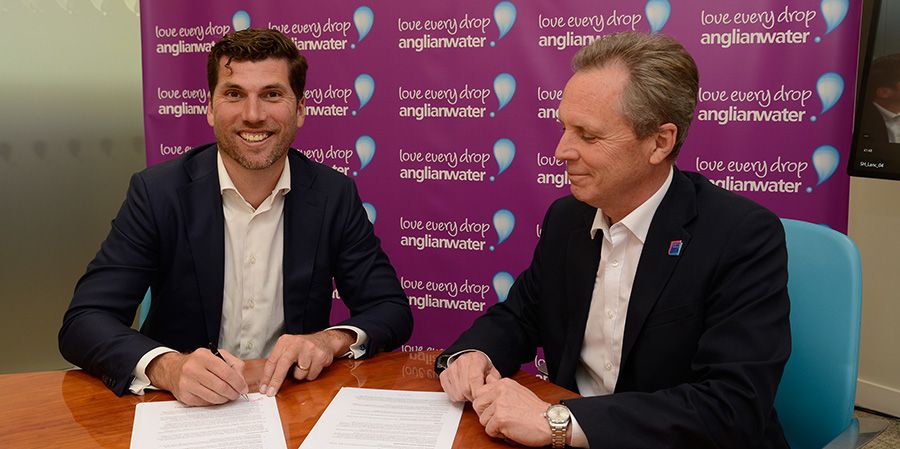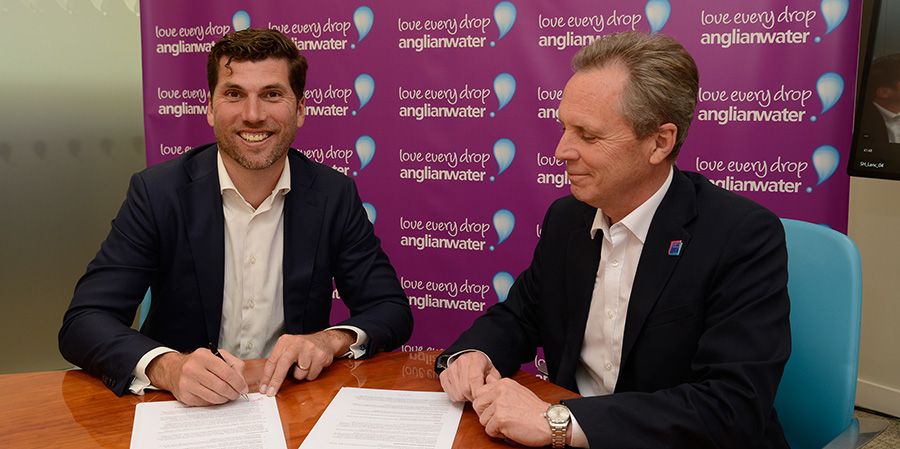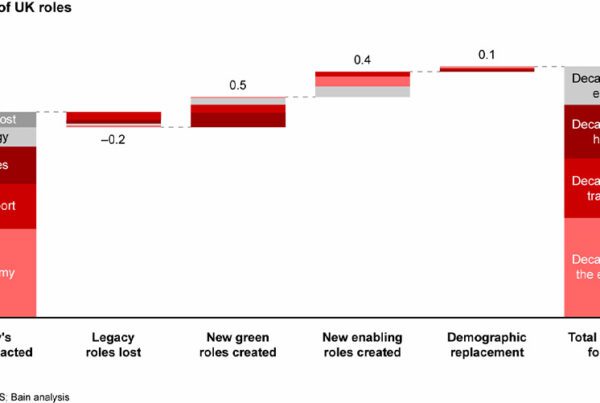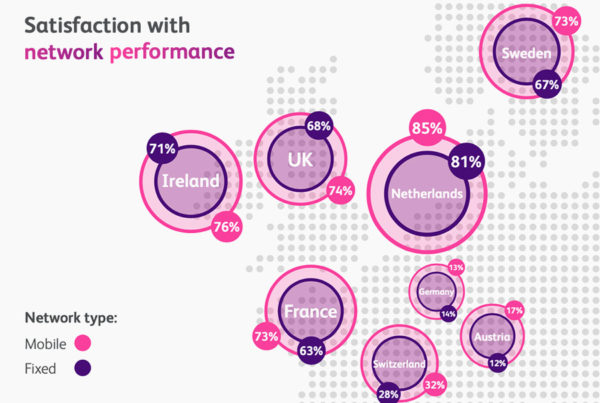Global consultancy Royal HaskoningDHV has put its expertise in water management to use for a key project. Partnering with Anglian Water, the firm aims to help bring net zero digestion technology to water companies in the UK and abroad.
Amid the mounting climate crisis, businesses are increasingly backing technology to bail them out of the brown stuff. That has taken on a new, literal sense in the case of Royal HaskoningDHV and Anglian Water, with the firms entering into a cooperation agreement to bring HpH digestion technology, developed by Anglian Water, to market in the UK and abroad.
No financial details about the investment have been disclosed, but the agreement will see part of the existing HpH patent transfer to Royal HaskoningDHV. The consultancy will meanwhile help the technology go to market under the name Helea and will support water companies to meet their net zero targets by offering a more affordable and sustainable route to advanced ‘sludge digestion’.

The sludge in question is a biproduct at every wastewater treatment plant (WWTP) in the country, which produces it as part of the treatment process for sewage. The treatment and disposal of what might be euphemistically referred to as ‘biosolids’ is expensive, representing up to 70% of a plant’s operating costs. However, in its own capacity, processing around 150,000 tonnes of sludge per annum, Anglian Water identified an opportunity to develop a new hydrolysis technology that could maximise a plant’s biogas production from sludge.
Peter Simpson, CEO of Anglian Water noted, “We are really proud to have developed this innovative, green technology at Anglian Water… We are excited to work with Royal HaskoningDHV, leading international consulting engineers, to increase the access to this advanced technology across the UK and beyond. The advantages of Helea combined with other treatment technologies will in our experience provide significant benefits, both in process efficiency as well as cost savings and the environment.”
Helea provides wastewater companies with a technology that significantly increases the biogas yield over conventional digestion. At the same time, it transforms the remaining biosolids into a high-quality biosolids resource that can be utilised in agriculture as a nutrient and a soil conditioner – helping the wastewater industry to achieve its net zero targets, as well as reducing operating costs. The technology is now successfully installed across four Anglian Water sludge treatment plants, but could be scaled across the industry thanks to this partnership.
“Helea is a strategic addition to our already strong water technology portfolio that is aimed at challenging and supporting the water industry in its ambition for sustainability. In synergy with our existing water technologies, such as Nereda, Kaumera and Ephyra, Helea will deliver more added value for our water clients. It will also further strengthen our global leading market position in water technology,” added Niels Schallenberg, Global Director Water & Maritime at Royal HaskoningDHV.
The water management of the UK has come under increasing scrutiny in recent years. With the amount of raw sewage released into British waters having spiked, regulator Ofwat may even face legal action in the coming months for its perceived inaction on the matter. As reported by the Guardian, lawyers for Wild Justice believe Ofwat has a duty under law to ensure sewage treatment plants avoid releasing polluting discharge into watercourses.




